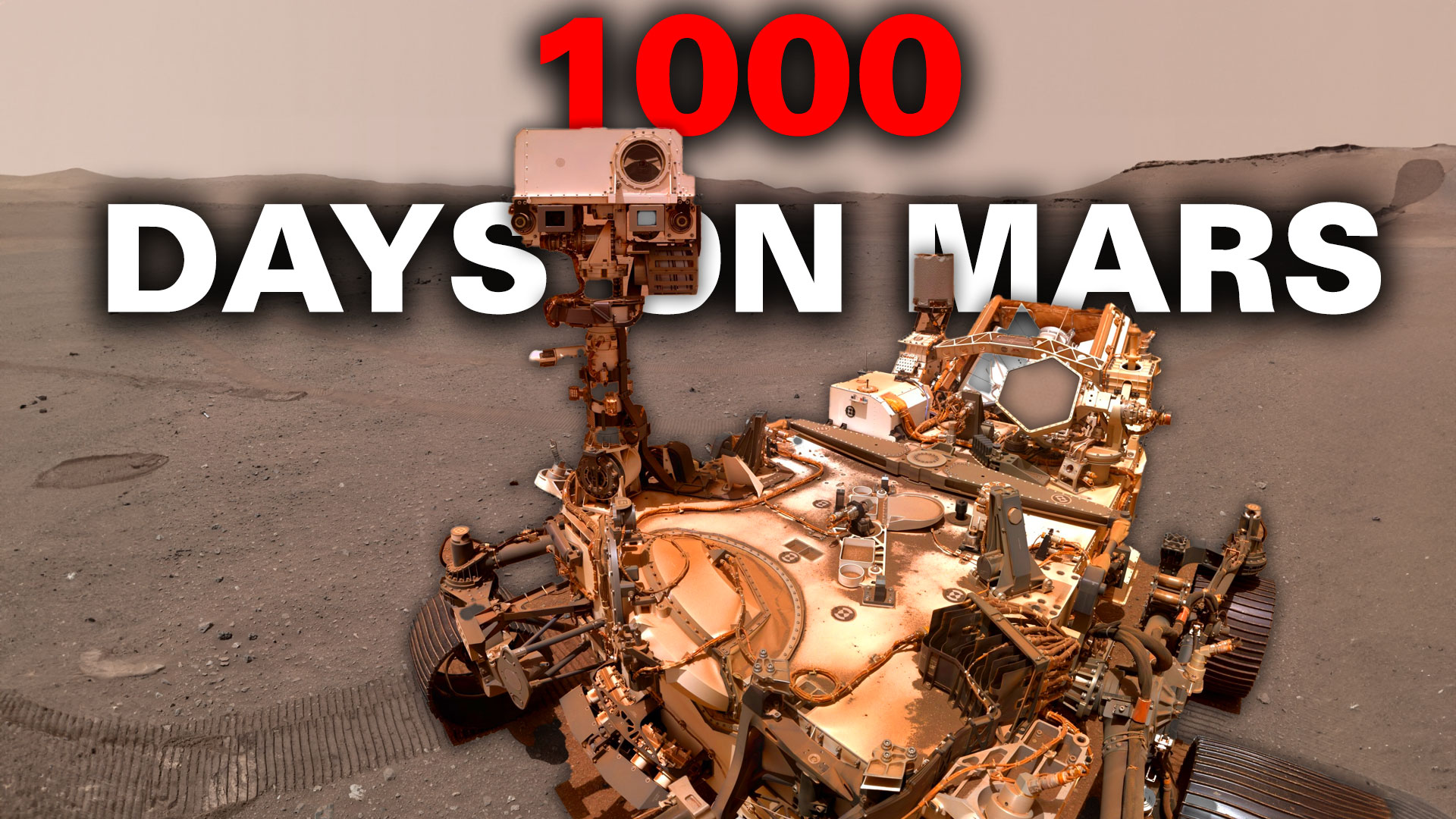Gravitational wave astronomy has been one of the hottest new types of astronomy ever since the LIGO consortium officially detected the first gravitational wave (GW) back in 2016. Astronomers were excited about the number of new questions that could be answered using this sensing technique that had never been considered before. But a lot of the nuance of the GWs that LIGO and other detectors have found in the 90 gravitational wave candidates they have found since 2016 is lost.
Researchers have a hard time determining which galaxy a gravitational wave comes from. But now, a new paper from researchers in the Netherlands has a strategy and developed some simulations that could help narrow down the search for the birthplace of GWs. To do so, they use another darling of astronomers everywhere—gravitational lensing.
Continue reading “Gravitational Lenses Could Pin Down Black Hole Mergers with Unprecedented Accuracy”









